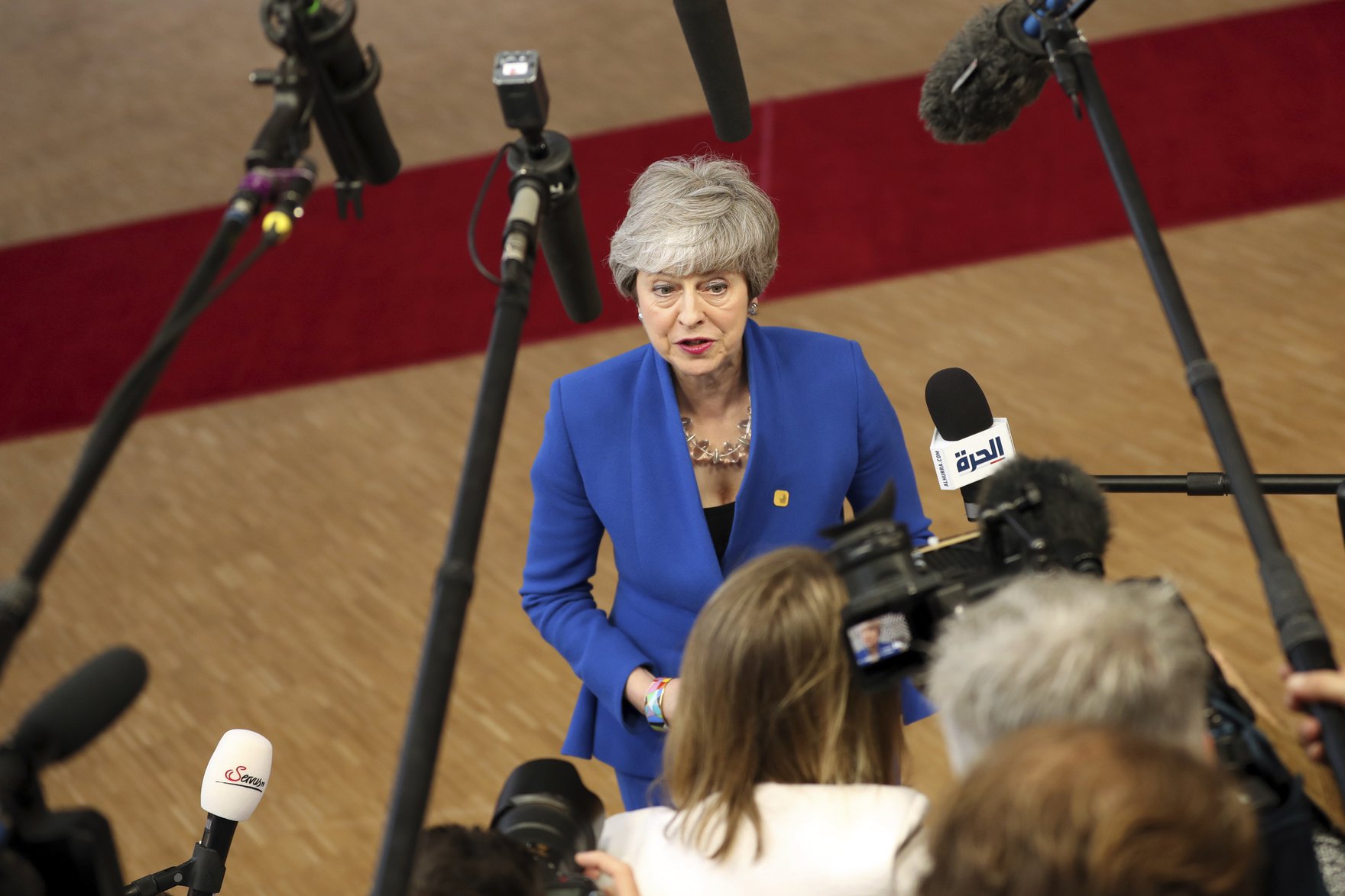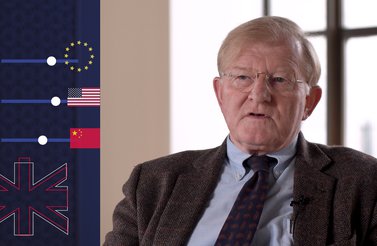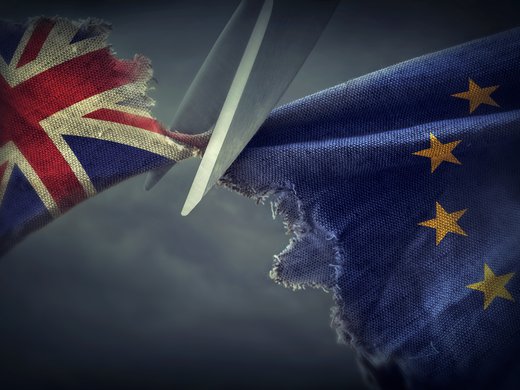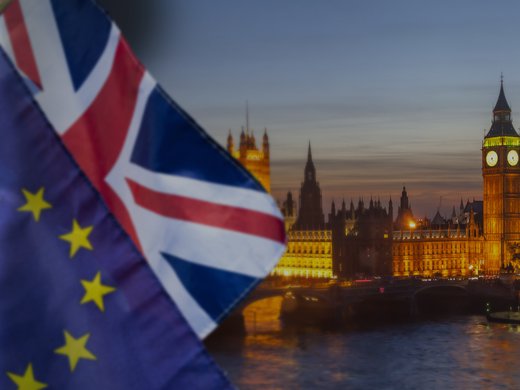Many aspects of Brexit are difficult to comprehend, but one of the least sensible reasons for the United Kingdom’s looming departure from the European Union is a rather fanciful assumption: once Britain is detached from the European Union, other trading nations will fall over each other to conclude free trade agreements (FTAs) with the United Kingdom. As demonstrated by preliminary discussions with India and the United States, this is largely wishful thinking. Any opportunity for the United Kingdom to benefit from new, third-country FTAs are distant and speculative, while the costs are guaranteed to be substantial.
A few geopolitical and economic realities suggest that the freedom to negotiate new trade agreements won’t serve the United Kingdom as well as Brexiteers suppose.
Access to the European Union Will Never Be Replicated
The best trade deals are usually made with immediate or very close neighbours. In Britain’s case, this would include members of the European Union, Canada, the United States and Mexico. The United Kingdom will never replicate its current access to the European Union, just as enterprises leaving an FTA with the United States could never replicate the benefits of access to markets in 50 American states. Remaining in the European Union is the only option that preserves the current open trading relationship, but that option, of course, is off the table.
Independent Trade Will Spark Extensive Documentation and Inspection
Rejecting a customs union with the European Union leaves the United Kingdom with one option: a free trade agreement with the European Union. The consequences of a mere FTA are very serious; it would reduce UK trade options significantly and would certainly spark extensive documentation requirements, border inspections and rules of origin. Moreover, an FTA leaves the Irish border issue unresolved. With Ireland remaining in the European Union and Northern Ireland out, some sort of border inspection of goods will inevitably be required to preclude smuggling. Ultimately, the trade-off is between the United Kingdom’s right to seek trade agreements with third countries and a customs union that would minimize border checks both on the Emerald Isle and between Britain and the European Union.
Economic Giants Have the Upper Hand
First, the idea that the United Kingdom can negotiate better agreements than the European Union is naïve. Collectively, the European Union has a population of about 500 million people; the United Kingdom has 66 million people and a correspondingly smaller GDP. Moreover, the United Kingdom will be in the position of supplicant; politically, FTAs are strongly needed by the same politicians who initiated Brexit.
Second, an agreement with the United States would also be difficult given the power of American agricultural interests. US negotiators will insist that the United Kingdom agree to accept hormone-fed beef, chlorine-washed chicken and genetically modified products, none of which may currently enter the European Union. And Congress will never approve such an agreement unless Brexit allows Ireland and Northern Ireland to maintain an open border; 40 million Irish Americans make this a virtual certainty.
As a third blow, negotiating an FTA with China is risky, because inward investment to the United Kingdom from other countries is already slowing. The United Kingdom already appears to be one of the few Western countries where Huawei is being given a relatively free hand to install 5G cellphone equipment. What other trade and foreign investment concessions would the United Kingdom have to make to conclude an FTA with China?
Even with Allies, Negotiations Will Be Lengthy
Unless the United Kingdom maintains a customs union relationship with the European Union after Brexit, it will face extensive negotiations with other World Trade Organization (WTO) members. Adopting the European Union’s industrial tariffs may satisfy the WTO membership, but there are a few caveats. Canada should be the easiest FTA case for the United Kingdom, but Canada and the European Union required seven years to finally conclude an FTA that is only in force in “provisional” status. Perhaps Australia and New Zealand would come together quickly, but there are few other easy cases. India has shown no interest since Prime Minister Theresa May told the Indian government that the United Kingdom was not prepared to ease restrictions on Indian students.
Waning Trade Relationships Will Have Adverse Effects on Industry
Naturally, other countries will be unwilling to conclude an FTA with the United Kingdom until the future UK-EU relationship is favourably resolved, a process that could take three to five years. If the United Kingdom and the European Union end up with no deal, or an FTA with many documentation requirements and rules of origin, major enterprises headquartered in the United States, China, South Korea or Japan will have little interest in the United Kingdom as a manufacturing platform. Further, delays and uncertainties created by negotiating any new trade relationships will be expensive for UK exporters.
Distance from the European Union Could Divide the United Kingdom
A more arm’s-length trading relationship between the United Kingdom and the European Union may eventually — perhaps in a decade or more — encourage the Scots to again seek independence, or lead the citizens of Northern Ireland to conclude that (despite history) their best interests lie with the Republic of Ireland rather than the United Kingdom.
Given these unappealing prospects, Parliament ought to take a close look at reality before continuing to tout the supposed benefits of freedom to negotiate FTAs with third countries. Those theoretical — and far-reaching — assumptions should not be used as a basis for plans around improving GDP, employment or investment in the United Kingdom.




